UNSC to meet to discuss ICJ ruling on Israeli genocide in Gaza
The United Nations Security Council (UNSC) is set to meet next week to discuss the decision by the body's top court ordering the Israeli regime to prevent genocide in the besieged Gaza Strip.
The meeting, scheduled for Wednesday, was called by Algeria after a closed-door discussion of the UN’s 22-member Arab group on Friday.
This came after the International Court of Justice (ICJ) issued a preliminary ruling on a genocide case brought by South Africa against the Israeli regime earlier in the day.
Algerian Ministry of Foreign Affairs said it would give a “binding effect” to the pronouncement of the ICJ “on the provisional measures imposed on the Israeli occupation.”
Palestine's UN Ambassador Riyad Mansour also said the decision gives the “clear message” that to do all the things that the ICJ is asking for, there needs to be a ceasefire.
“So fasten your seat belts,” he said.
On Friday, ICJ called on Israel to prevent genocidal acts in its ongoing war in Gaza but stopped short of ordering a ceasefire.
The order by the UN top court was part of its interim ruling on the emergency measures requested by South Africa in its genocide case against Israel over its war on the Gaza Strip.
The Hague-based court said Israel must do everything to “prevent the commission of all acts within the scope” of the 1948 UN Genocide Convention while refraining from ordering an immediate halt to the almost four-month-old war.
The Israeli regime waged the war on Gaza on October 7 after the Palestinian resistance movement Hamas carried out the surprise Operation Al-Aqsa Storm against the occupying entity in response to the Israeli regime’s atrocities against Palestinians.
Since the start of the aggression, Israel has killed more than 26,000 Palestinians, mostly women and children.
The Tel Aviv regime has also imposed a “complete siege” on the territory, cutting off fuel, electricity, food, and water to the more than two million Palestinians living there.
South Africa has been one of the outspoken critics of Israel’s ongoing onslaught against Palestinians and has led some initiatives to hold Israel accountable for its actions in Gaza. The African country, which has experienced long years of an apartheid regime, has been praised by activists as the vanguard of the global conscience and voice of the oppressed.
South African President Cyril Ramphosa has welcomed the ruling by ICJ, saying it “marks an important first step in our quest to secure justice for the people of Gaza.”
ICJ rulings on Israel ‘binding’
Meanwhile, the UN Secretary-General Antonio Guterres has stated that the rulings issued by ICJ are “binding”
“The Secretary-General recalls that, pursuant to the Charter and to the Statute of the Court, decisions of the Court are binding and trusts that all parties will duly comply with the Order from the Court,” his spokesman, Stephane Dujarric, said on Friday.
This is while Israel’s Prime Minister Benjamin Netanyahu has rejected the ICJ ruling, saying Israel will continue “to defend itself and its citizens while adhering to international law.”
UN General Assembly overwhelmingly adopts resolution urging end to Israel’s genocide in Gaza
IRGC Navy’s new drone to ‘surprise the world’: Commander
Iran expects major surge in Syria exports amid ongoing unrest
Ireland formally joins South Africa's genocide case against Israel at ICJ
Iran calls on UN Security Council to halt Israel’s aggression against Syria
World must mobilize to stop Israel from destroying Syria: Iran FM
VIDEO | Disputes over religious sites in India
VIDEO | Gaza solidarity on display in Tehran


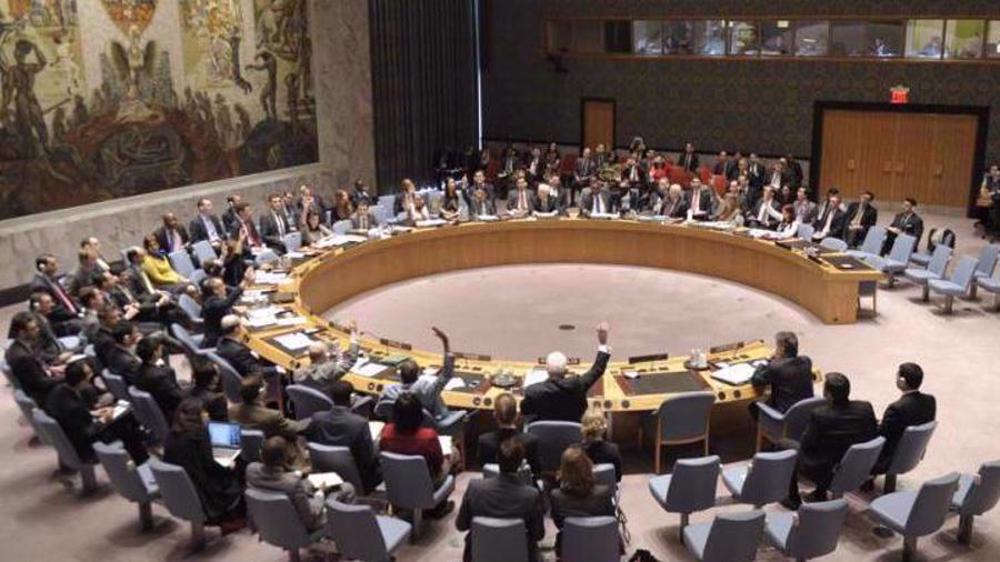
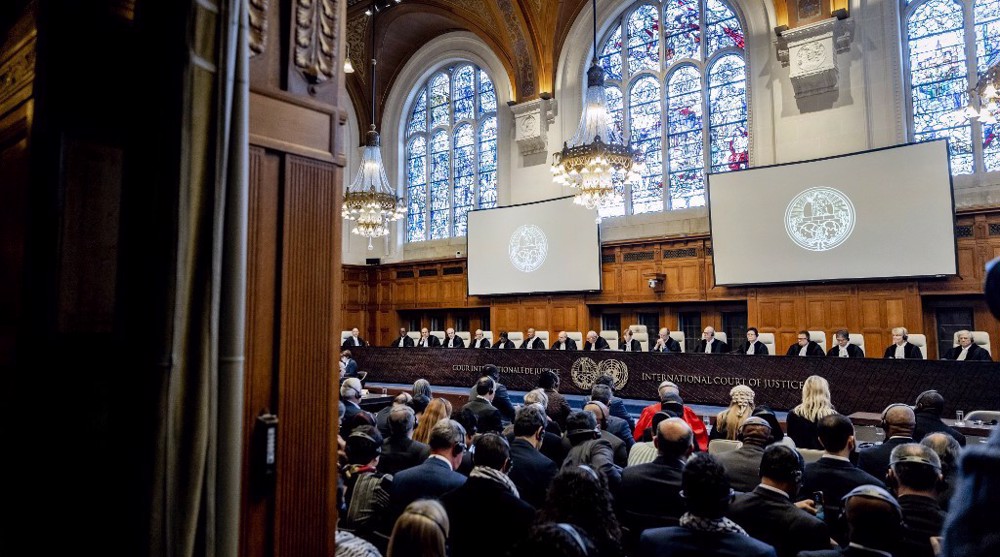
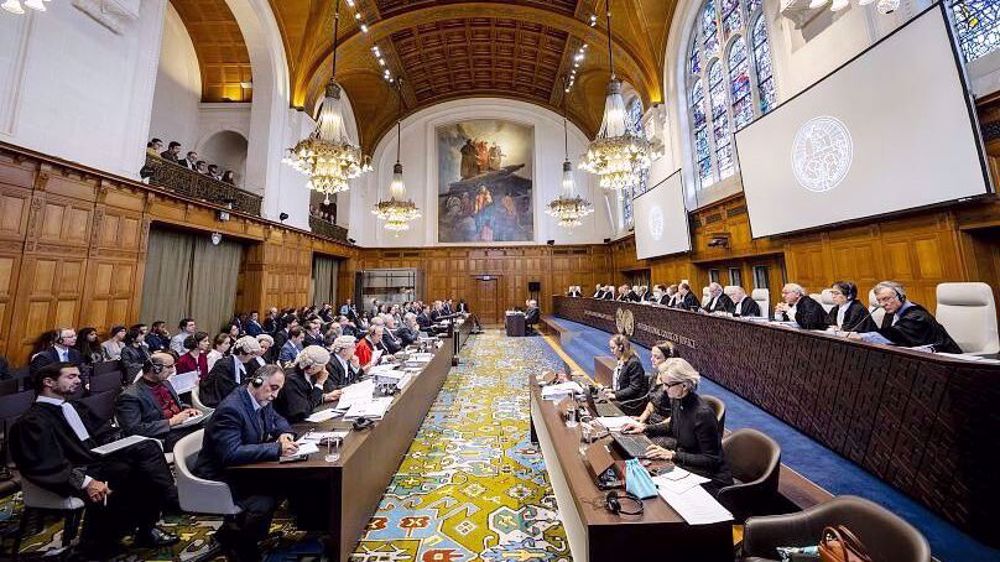
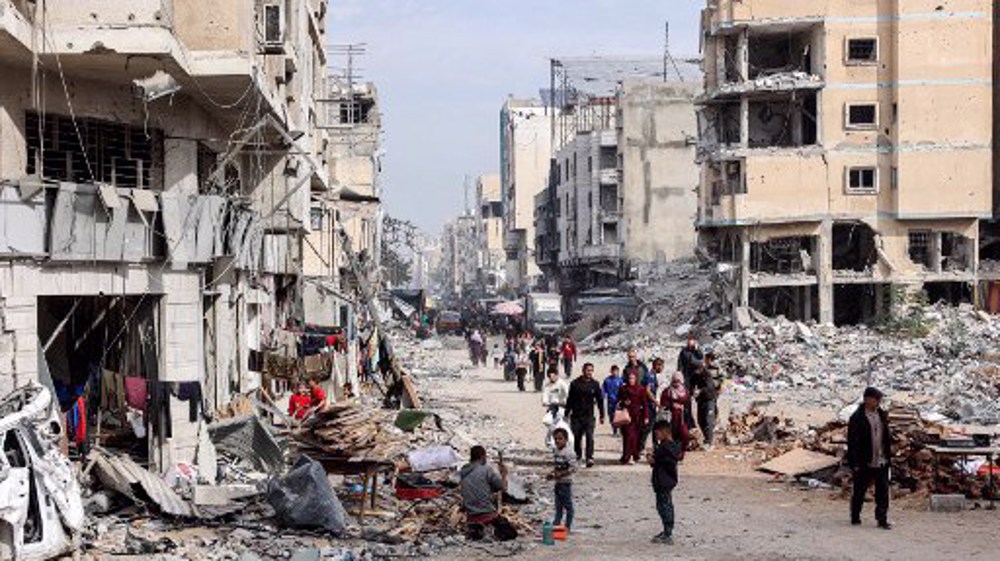
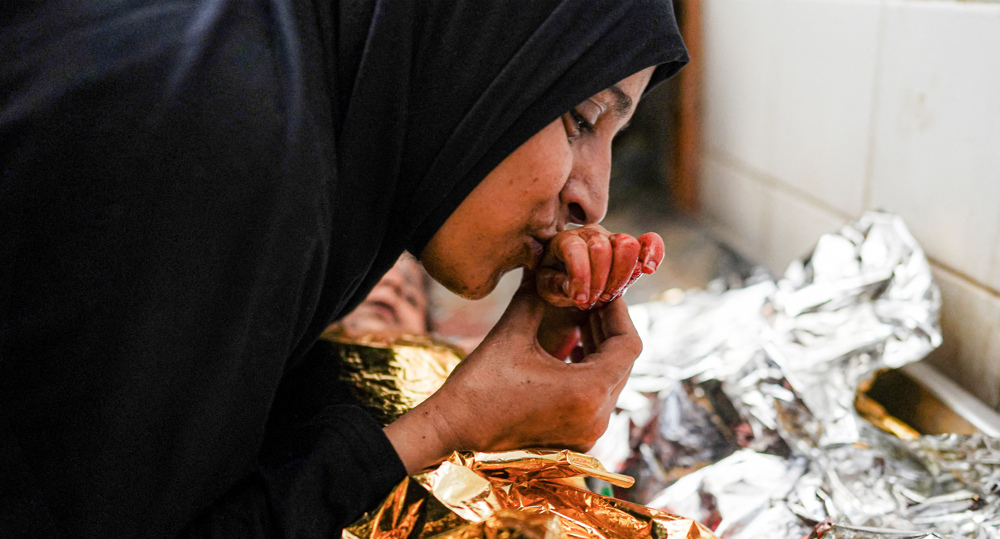
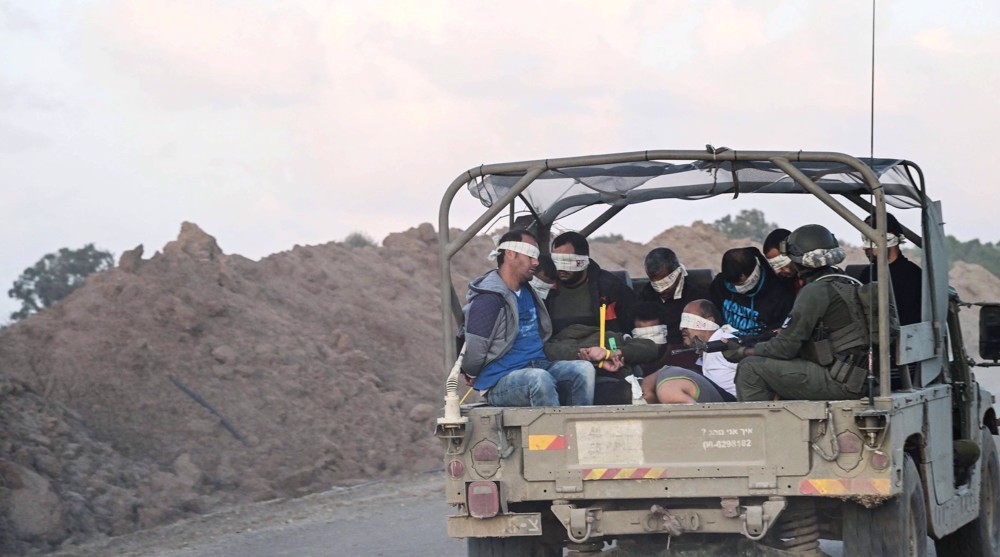



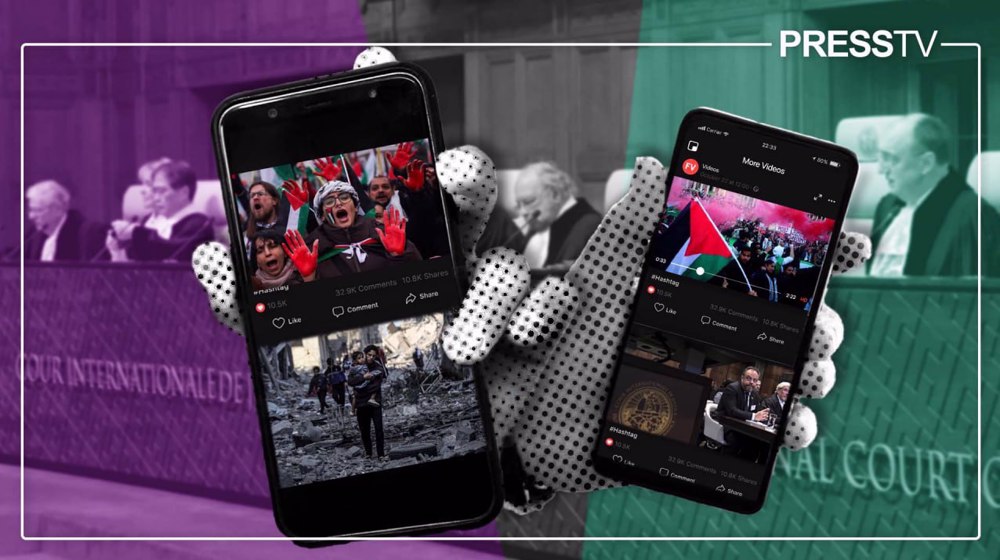
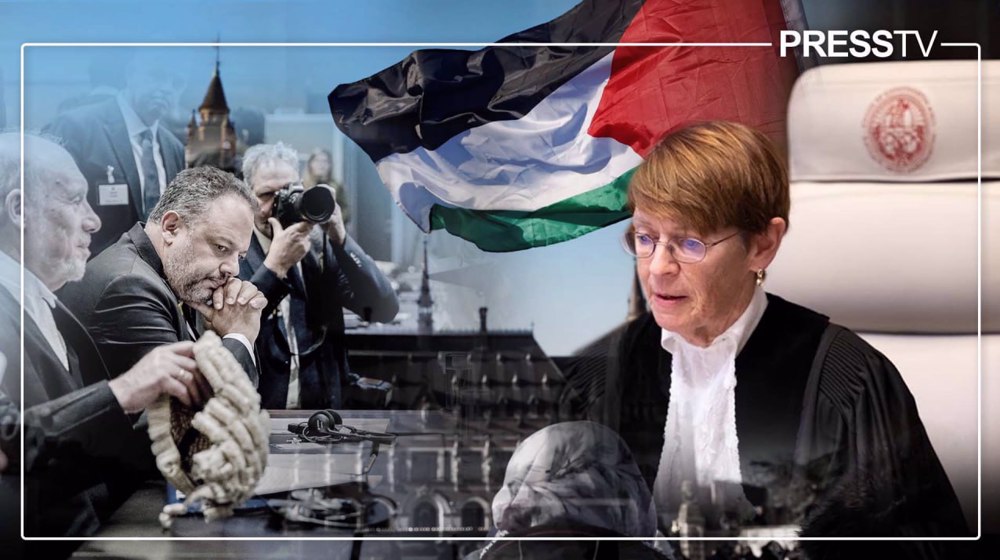
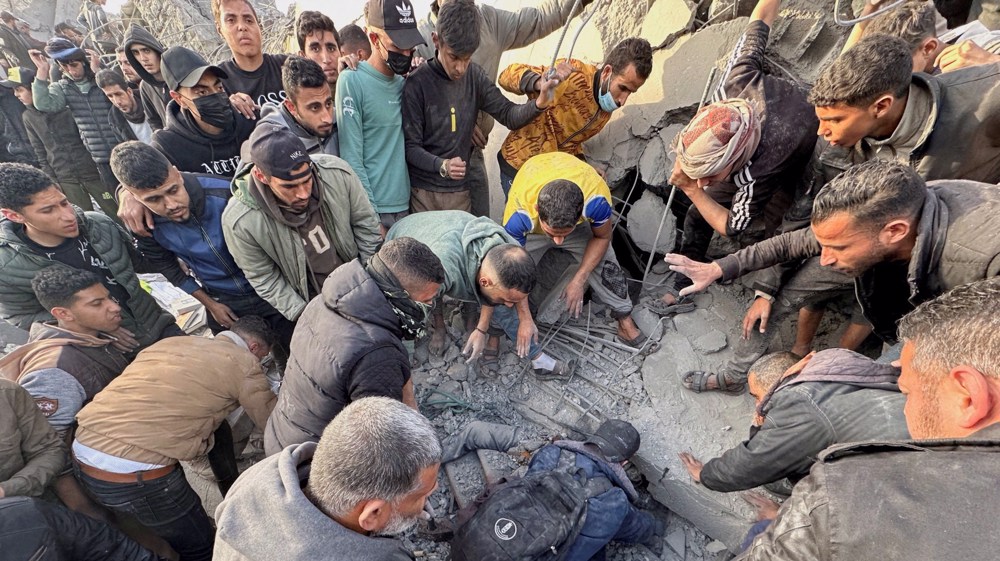
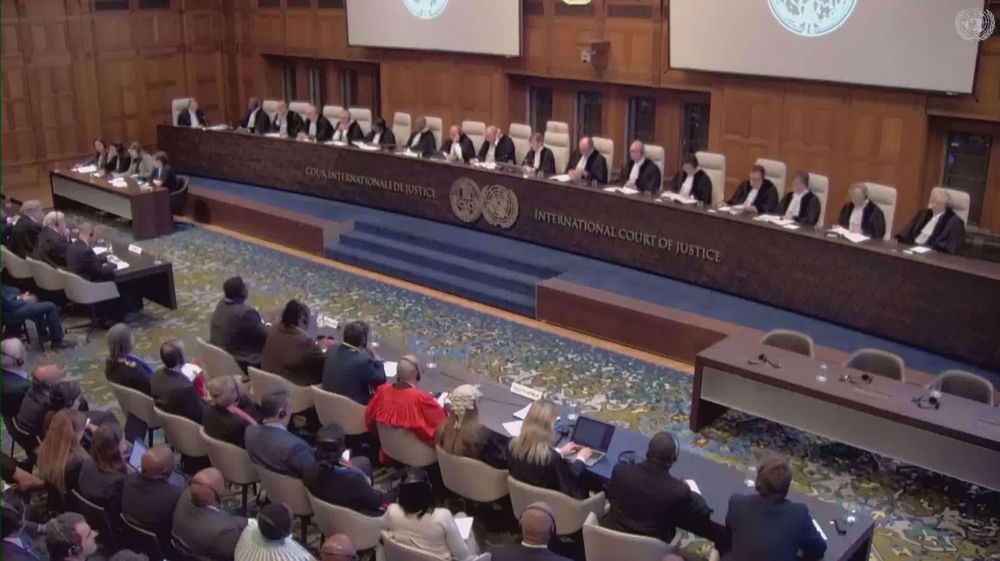

 This makes it easy to access the Press TV website
This makes it easy to access the Press TV website